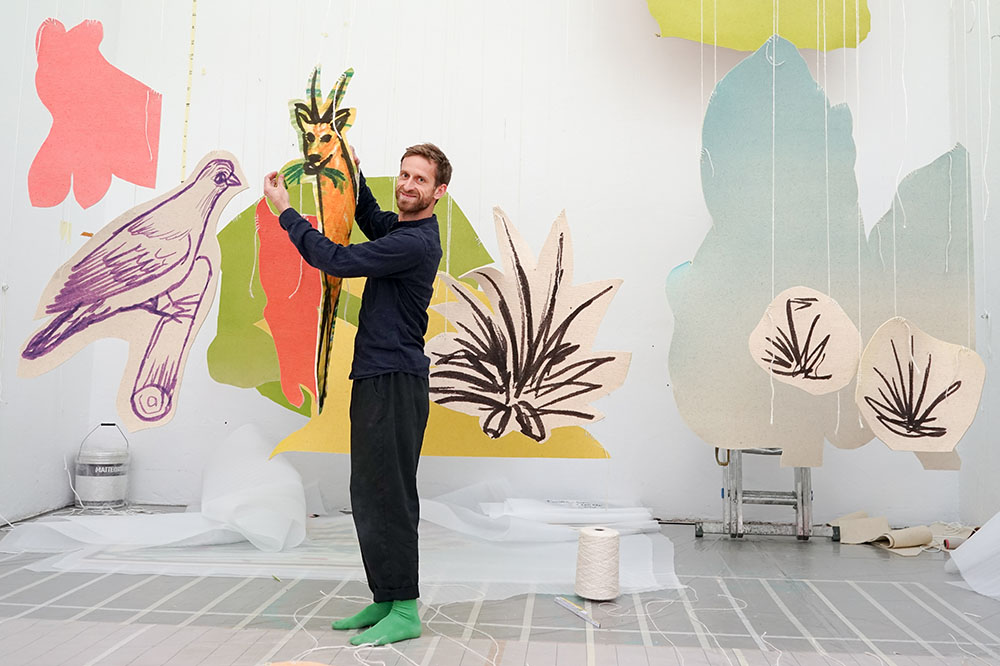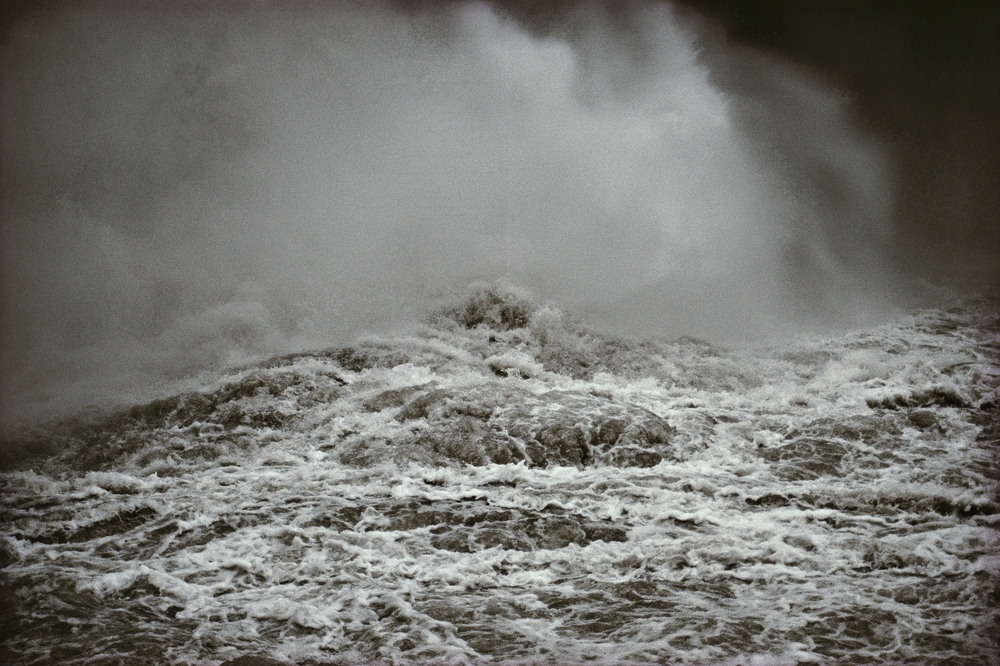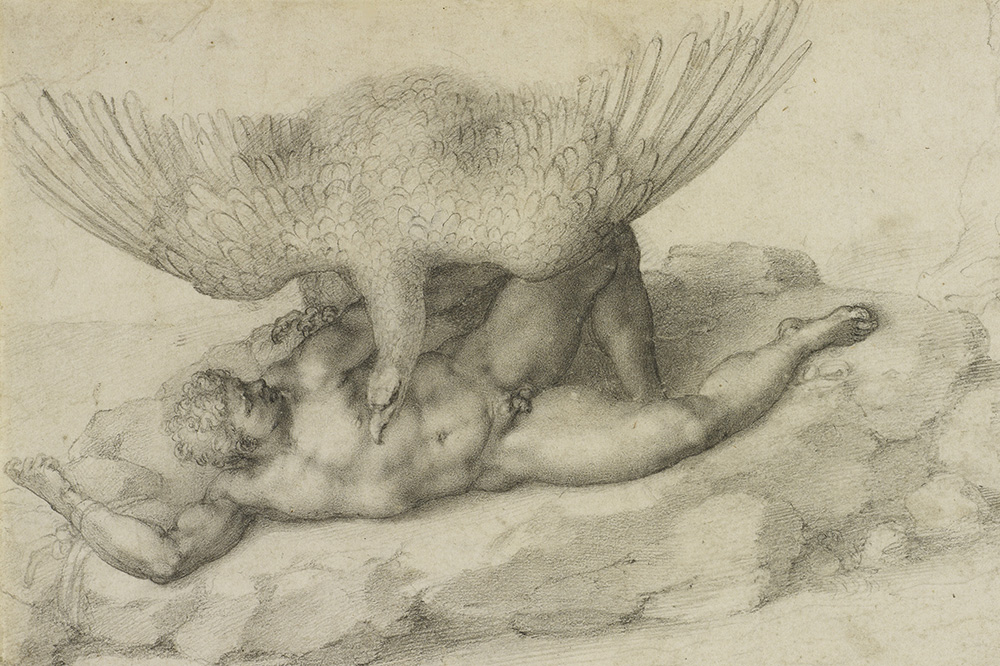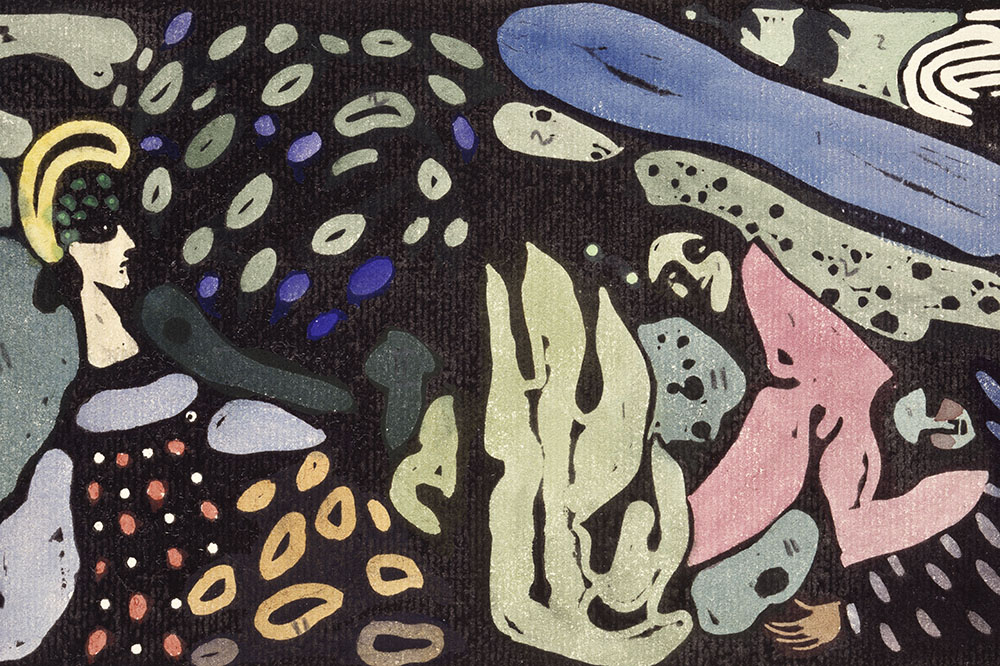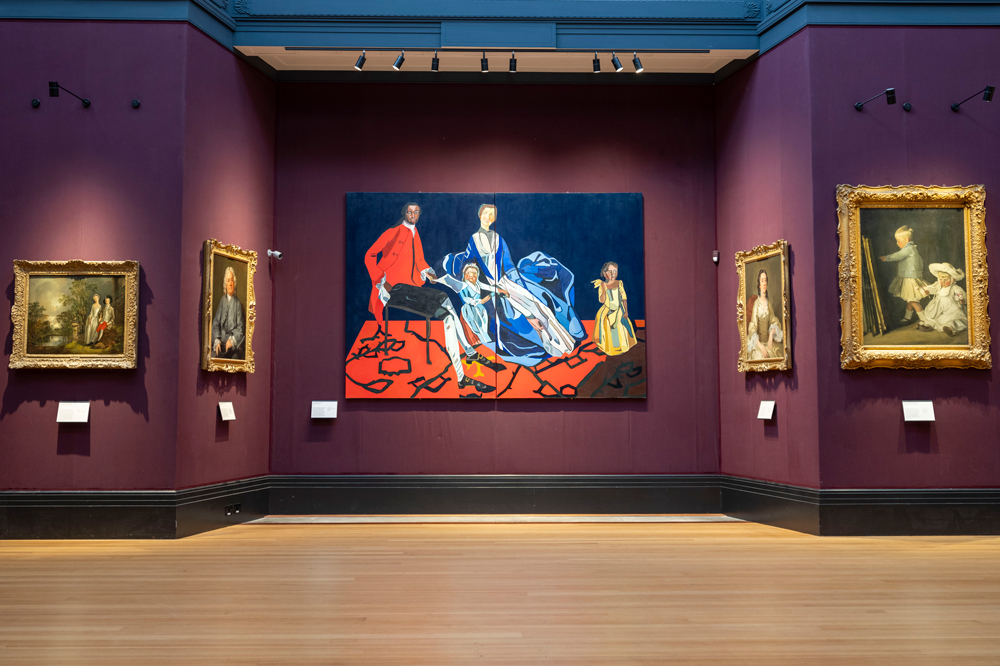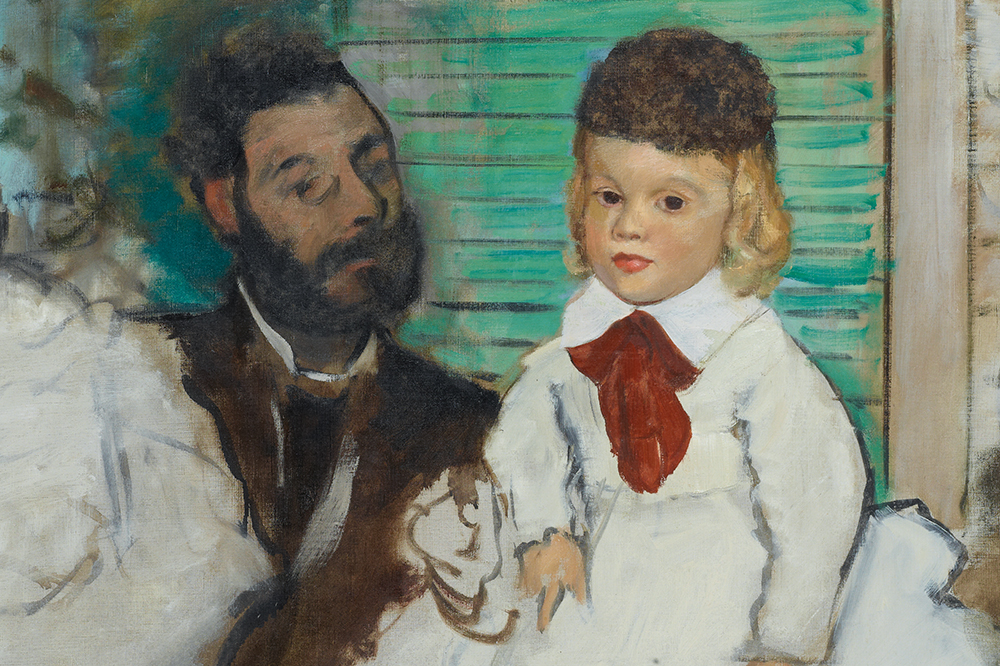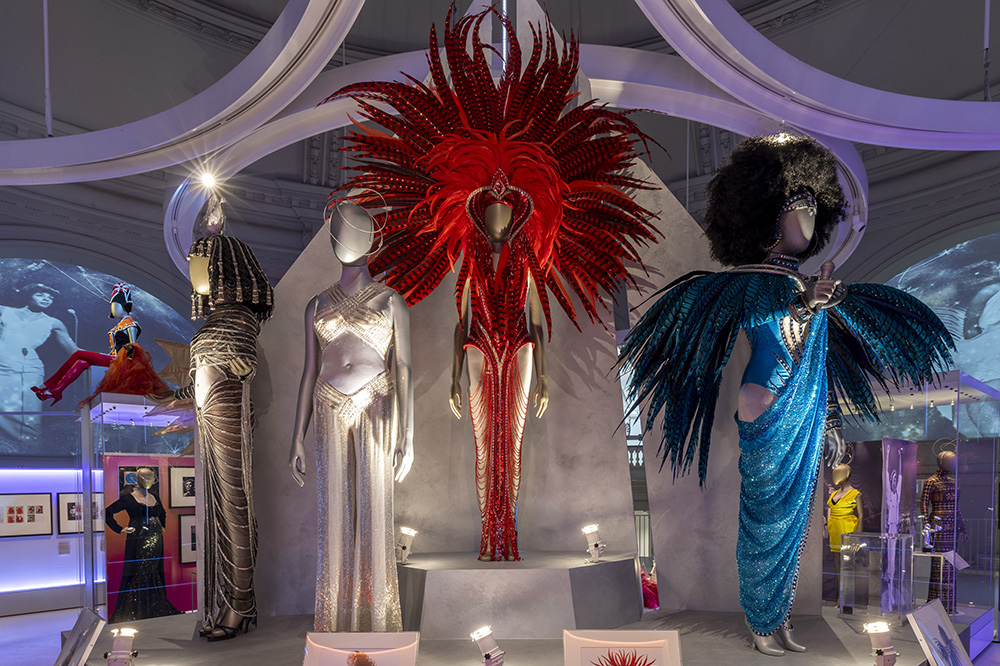An investigation by the Guardian has revealed the extent of Russian billionaire Roman Abramovich’s enormous private art collection, as well as details of its secretive ownership structure. The collection includes more than 300 pieces, valued by the oligarch’s own assessors at a total of $953m. Abramovich’s ownership of a number of standout works – among them Lucian Freud’s Benefits Supervisor Sleeping and Francis Bacon’s Triptych, purchased for $33.6m and $86m respectively in 2008 – had been widely guessed at. However, the full scope of the collection – which also includes works by Monet, Degas, Matisse, Picasso, Magritte, Mondrian and Russian modernists including Natalia Goncharova – have come to light only as a result of the leak, known as the Oligarch Files, from the Cyprus-based offshore financial services provider MeritServus earlier this year. The leak has also revealed that the offshore trust controlling the collection was amended to make Abramovich’s ex-wife Dasha Zhukova a major beneficiary just before Russia’s invasion of Ukraine.
The art dealer Guy Wildenstein has appeared in court in Paris for the third time since being accused in 2016 of what a state prosecutor has termed ‘the longest and most sophisticated tax fraud’ in modern French history. The trial aims to conclude an ongoing investigation into money laundering and tax evasion that was first initiated by Guy’s stepmother Sylvia Wildenstein after the death of his father, Daniel Wildenstein, head of the family’s influential gallery Wildenstein & Co., in 2001. The court will make its decision in early October; if found guilty Wildenstein and his co-defendants will have to pay nearly $1 billion in back taxes and fines.
A lock of hair from the head of a 19th-century Ethiopian prince buried at Windsor Castle has been handed over to the Ethiopian ambassador in a private ceremony. Prince Alemayehu’s hair will be returned to his home country along with other culturally significant items that were pillaged from Ethiopia including a shield and three cups. ‘The returning of this lock of hair is a signal that restitutions can be made in a spirit of goodwill and respect, and we hope that they will inspire other restitutions to take place in the near future,’ said Tahir Shah, one of the founders of the Scheherazade Foundation which facilitated the returns.
Michael Bennett, a curator at the Museum of Fine Arts in St Petersburg, Florida, has been fired after concerns were raised over the provenance of Greek antiquities included in an exhibition he arranged. Staff at the Denver Art Museum, where the show was due to travel next, found that some of the exhibits lacked detailed provenances; among them were several purchased by collector Sol Rabin from dealers known to have handled stolen artefacts.
The Dutch photographer Erwin Olaf has died at the age of 64. Born in 1959 in Hilversum, Olaf documented the clubbing scene and gay liberation movement in Amsterdam in the 1980s, before focusing in his later career on studio portraiture. In 2019 both the Gemeentemuseum and Fotomuseum in the Hague presented surveys of his work.
A Copenhagen court has ordered an artist to repay the Kunsten Museum of Modern Art almost $72,000 after he submitted two empty frames in lieu of a commissioned artwork in 2021. The museum had loaned Jens Haaning 534,000 krone ($84,000) in bank notes to recreate his 2007 sculpture titled An Average Danish Annual Income. The original work represented the salary by affixing krone bills to a canvas. Claiming his new work, titled Take the Money and Run, was conceptual, the artist refused to pay back the cash until the museum took legal action. ‘The work is that I have taken their money,’ Haaning told the Danish radio program P1 Morgen in 2021. ‘It’s not theft. It is a breach of contract, and breach of contract is part of the work.’
Unlimited access from just $16 every 3 months
Subscribe to get unlimited and exclusive access to the top art stories, interviews and exhibition reviews.

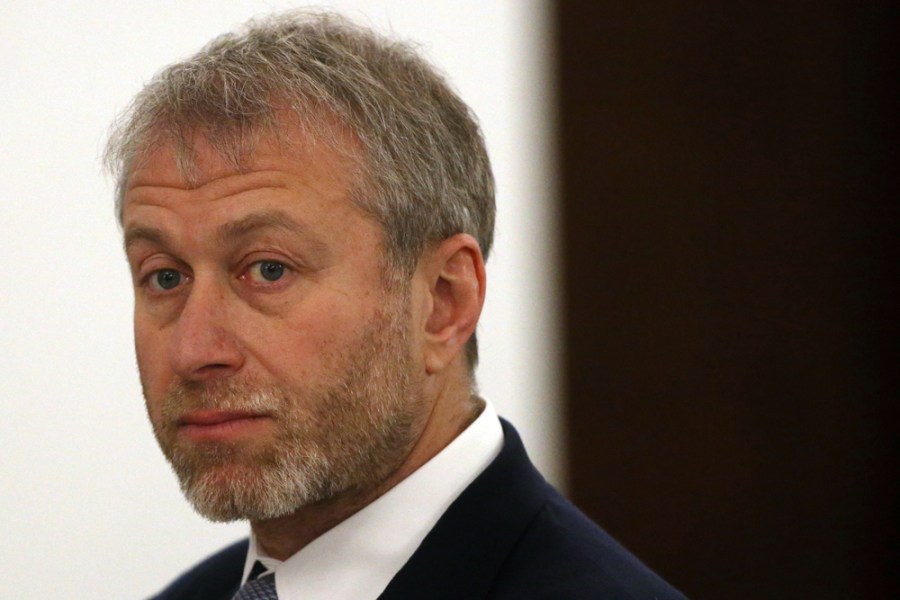
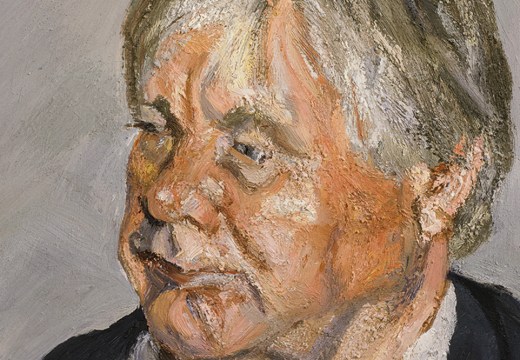
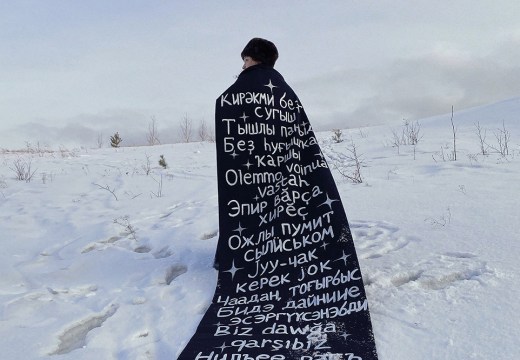
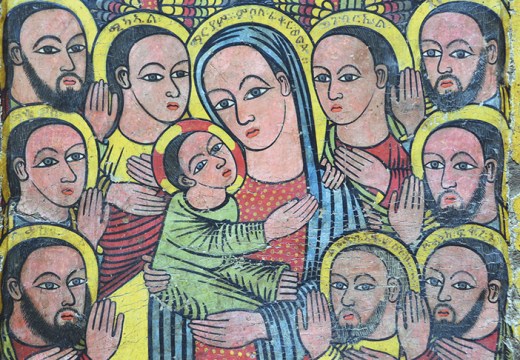
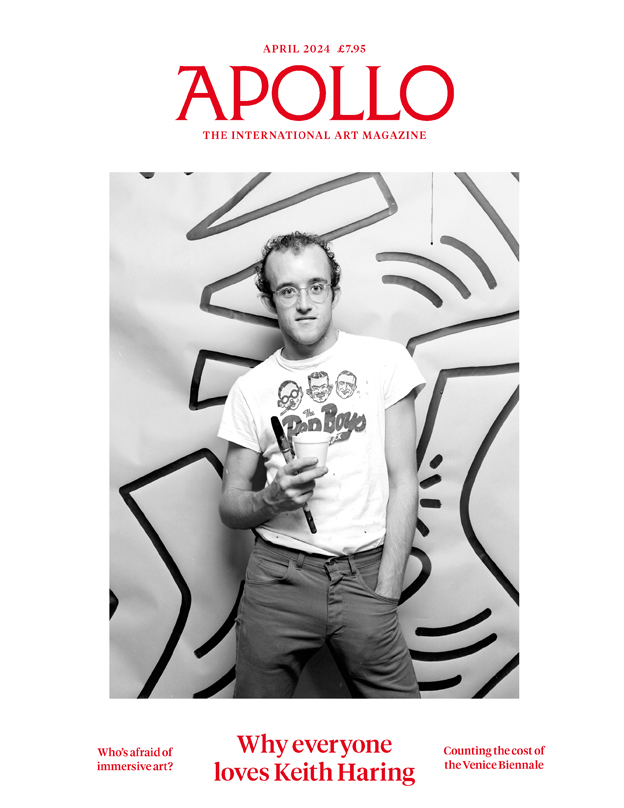
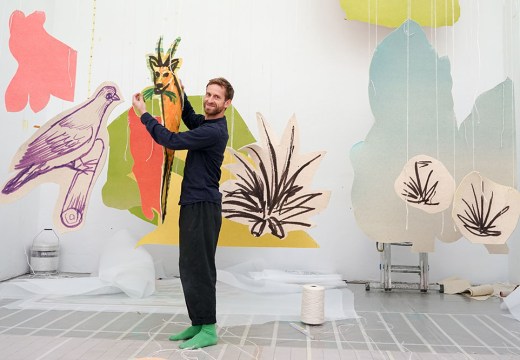
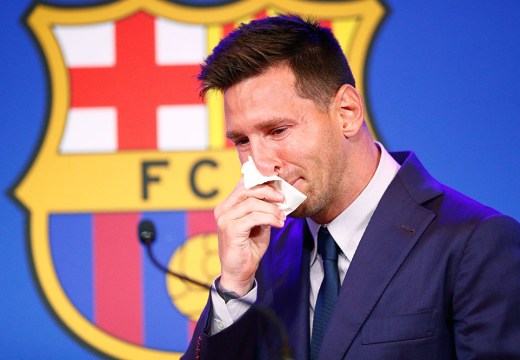
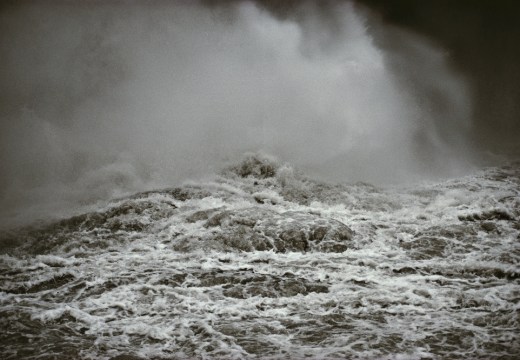
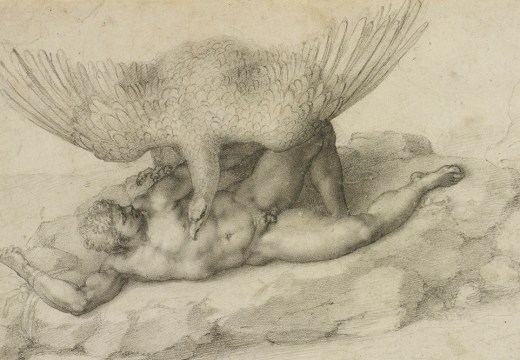
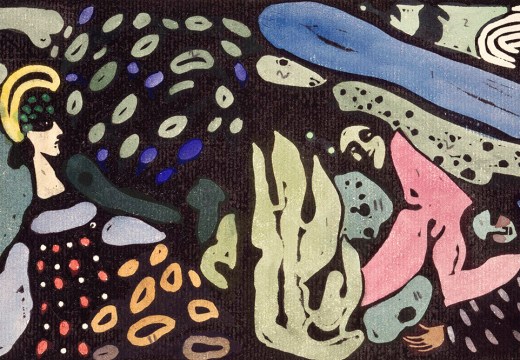
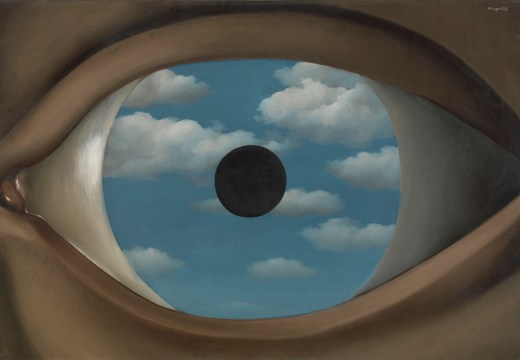
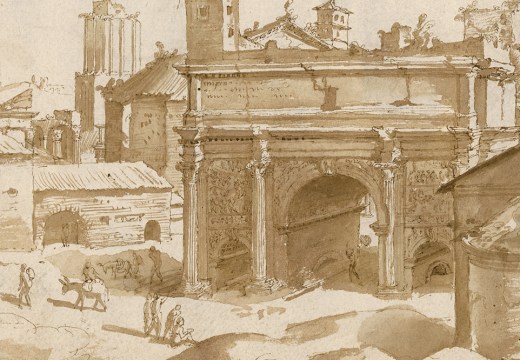
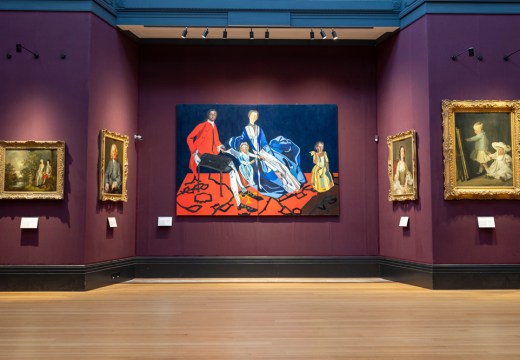
![Masterpiece [Re]discovery 2022. Photo: Ben Fisher Photography, courtesy of Masterpiece London](http://www.apollo-magazine.com/wp-content/uploads/2022/07/MPL2022_4263.jpg)
